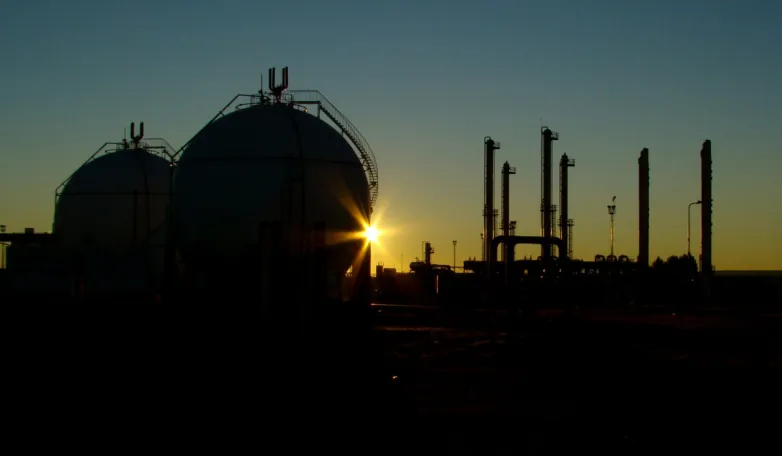ACWA Power plans 3.6 GW of new fossil fuel capacity in Bangladesh
Oct 22, 2019 08:53 PM ET
- Renewables may be making encouraging advances in the south Asian nation but the natural gas infrastructure deal announced today by the Saudi power company at a stroke eclipses the 375 MW of solar capacity in Bangladesh and its 609 MW development pipeline.

Just three days after the end of the 17th Solar Bangladesh Expo, the scale of the challenge facing the renewables industry in the nation has been revealed with a $2.5 billion natural gas announcement by Saudi fossil fuel giant ACWA Power.
Visitors to the three-day PV trade show which closed on Saturday in Dhaka told pv magazine of their optimism about renewables in Bangladesh, given soaring power demand and the introduction of net metering rules.
Saudi power company ACWA today confirmed the remarkable thirst for energy in Bangladesh, stating in a press release the nation’s 3.2 GW of grid connected generation capacity a decade ago had exploded to 24 GW today.
And ACWA plans to add another 3.6 GW on top, in the form of gas-fired power plants over an unspecified period of time. The Saudi company said it will invest $2.5 billion in a liquefied natural gas power plant and terminal plus a network of gas-fired plants in the nation, as well as spending $500 million on a regasification terminal, possibly in Maheshkali.
Gas vs renewables
The gas industry points out the power source emits significantly less CO2 than coal and therefore should play a role in the energy transition. However, opponents highlight the fact natural gas extraction and transportation involves leaks of methane, the most potent of the greenhouse gases, and it has been argued catastrophic climate change cannot be averted if the world continues to burn gas for energy.
ACWA Power chief executive Paddy Padmanathan, quoted in the press release issued to announce the memorandum of understanding signed between his company and Dhaka, said the infrastructure provided to Bangladesh would “sustainably supply their power and water needs at low cost in order to accelerate their socio-economic and financial development”.
And there could be more to come from the Saudi company, as traditional Western petrochemical clients increasingly focus on zero carbon energy ambitions.
ACWA chief investment officer Rajit Nanda said: “With vast growth opportunities available, we are keen to extend our foothold in the region through our presence in Bangladesh.”
Also read

